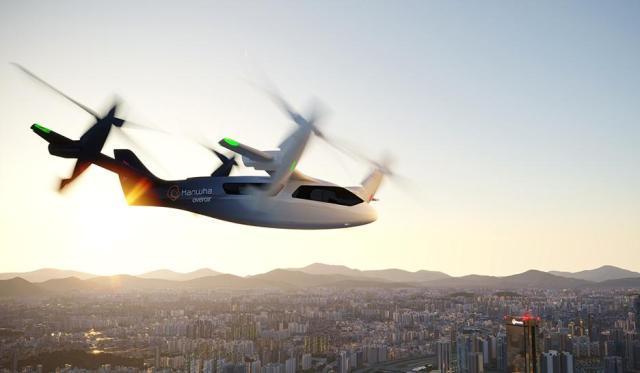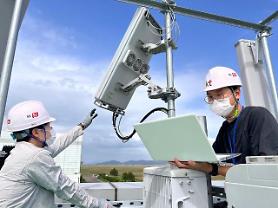
SEOUL, November 12 (AJP) - Major South Korean companies are retreating from the once-hyped Urban Air Mobility, or UAM, market as delays in commercialization and regulatory hurdles cloud the industry’s near-term prospects.
The technology, envisioned as a new mode of eco-friendly urban transport that could ease traffic congestion, has been touted globally as a growth industry worth more than $60 billion by 2035. But with commercialization timelines slipping and profitability still out of reach, Korean companies are beginning to reconsider their roles.
South Korea’s Ministry of Land, Infrastructure and Transport had originally planned to commercialize its “K-UAM” program this year, but postponed the target to 2028 in August — a move that dampened momentum among corporate participants. Analysts say the long development horizon and uncertain returns have made it difficult for companies to justify continued investment.
LG Uplus, the telecommunications affiliate of LG Group, recently dismantled its UAM division after initially joining a development consortium.
SK Telecom also withdrew from the second phase of the K-UAM demonstration program last month, citing technological and regulatory challenges. The company, which began its UAM project in early 2021, told shareholders in March that it would take a cautious approach amid the changing market environment.
Hanwha Group, one of the earliest Korean investors in UAM technology, is also scaling back. Its subsidiaries Hanwha Aerospace and Hanwha Systems halted funding for the U.S. eVTOL startup Overair in June and are reportedly moving to divest their shares, signaling a strategic retreat from direct aircraft development.
Industry experts warn that these moves could slow South Korea’s broader ambitions to develop a domestic UAM ecosystem.
“For such projects to succeed, comprehensive management strategies are needed, but the momentum has stalled,” said Kim Kwang-ok, a professor at Korea Aerospace University. “Profitability and revenue cannot be guaranteed, making the UAM market outlook cloudy.”
* This article, published by Economic Daily, was translated by AI and edited by AJP.
Copyright ⓒ Aju Press All rights reserved.




